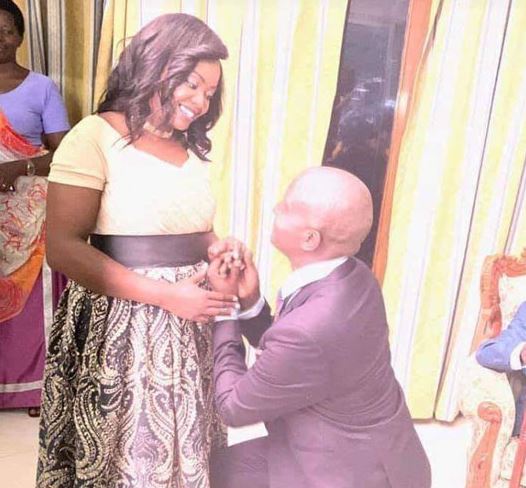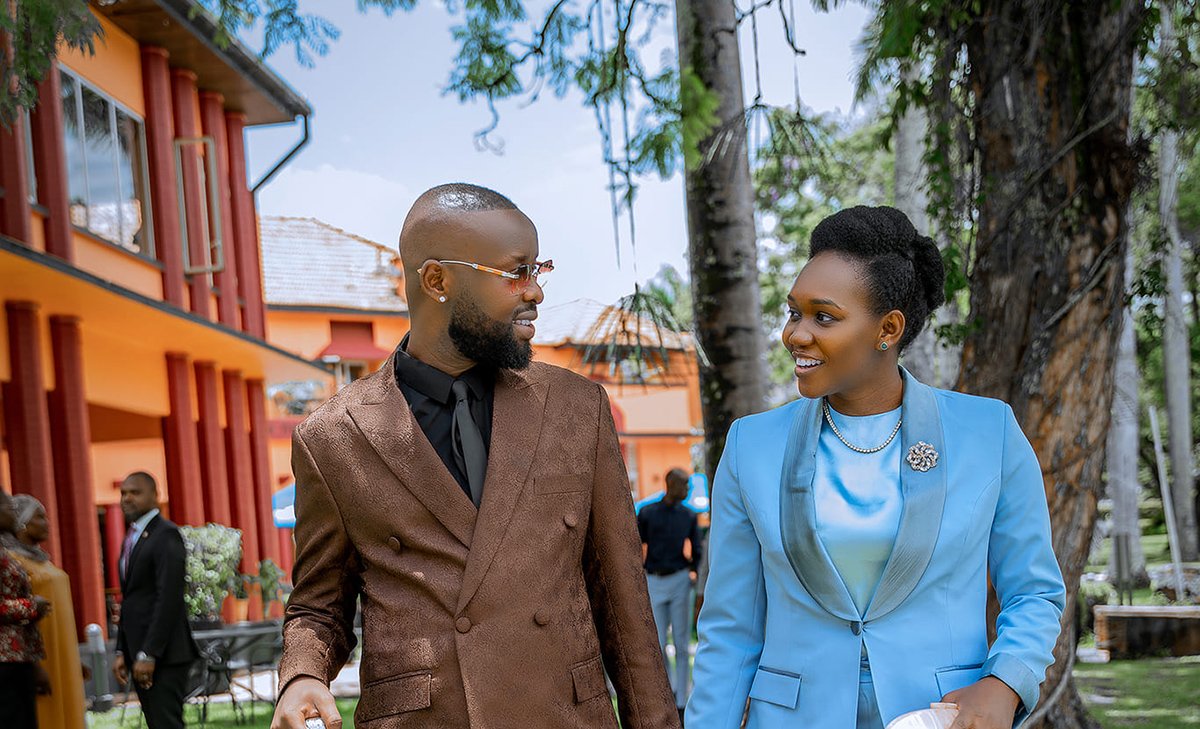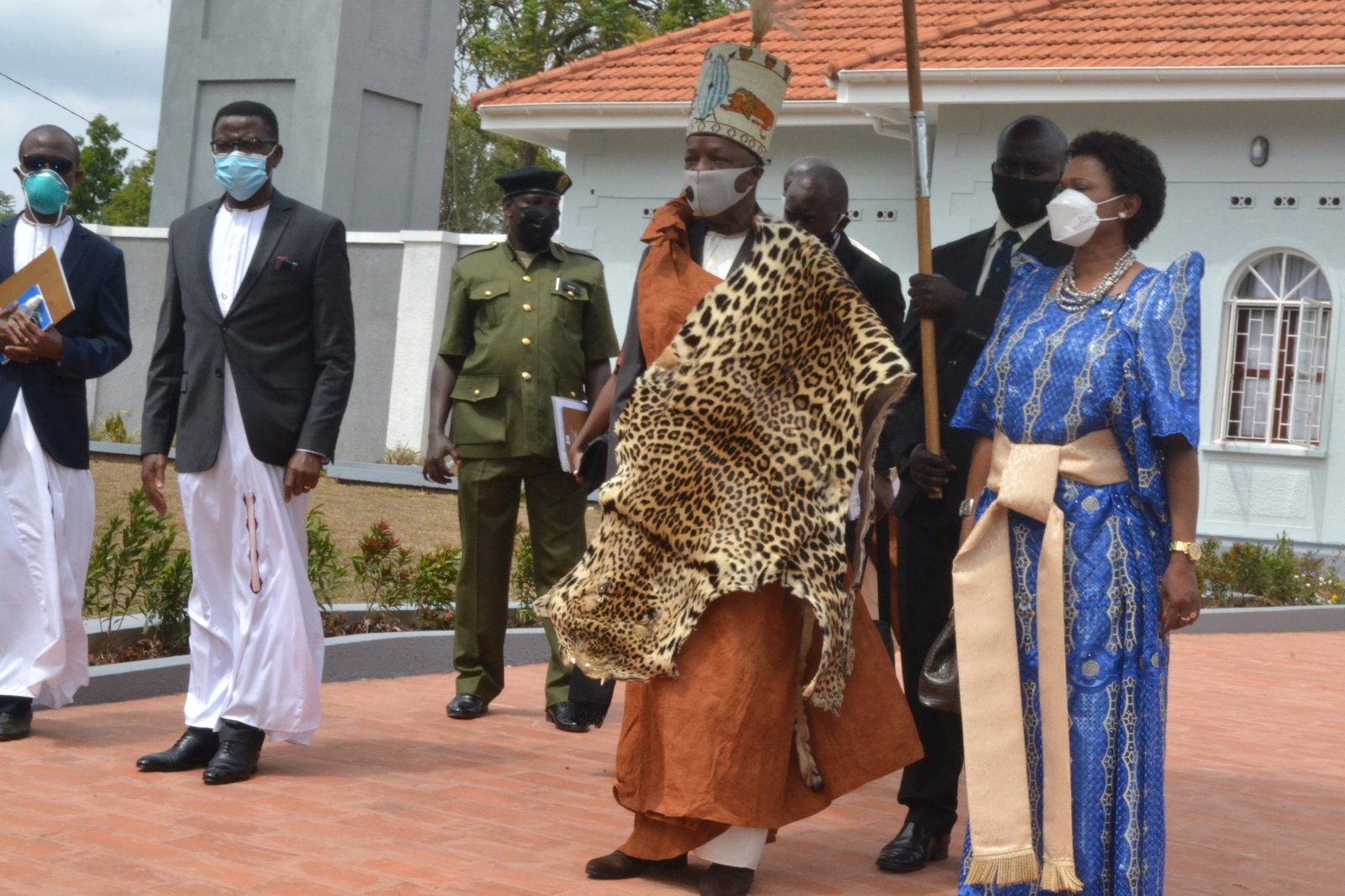Every single person (and couple) should read this.
Former president Jimmy Carter said that one of his best gifts to his wife, Rosalynn, was to resolve a recurring argument which plagued their marriage.
It was Rosalynn’s birthday and he hadn’t gotten her a present. Rather than rush off to a store to make a quick purchase, President Carter reflected on issues which caused tension in their relationship. One of those was the matter of punctuality.
His earlier military training in the navy led him to be extremely precise about appointments, whether they involved meeting with a head of state or simply being on time for a medical appointment. Carter rigidly adhered to a strict schedule even during his political campaigns.
His wife, on the other hand, was more flexible and didn’t feel the need for such rigidity.
“Rosalynn and I had a lot of arguments about being on time,” he admitted. “She always claimed that she was never late, and this would be true if judged by the standards of a reasonable person.
What should two or three minutes matter between a husband and wife preparing to go to a movie or a party. But I was not reasonable, holding Rosalyn to a standard of absolute precision.”
Reflecting on that source or irritation on her birthday, President Carter wrote this note to her: “Rosalynn, I promise you that for the rest of our marriage, I will never make an unfavorable remark about tardiness.” He signed it and gave it to her as a gift.
“So far I’ve pretty well kept my promise, and she still agrees with me that it was the best birthday present I ever gave her,” he said.
This relationship advice and insight from the marriage of a prominent couple is a reminder that all relationships can be fine tuned, enhanced, and improved. Whether your relationship is solid or shaky, here are seven simple steps any couple can take to build a healthy relationship.
1. Be each other’s best friend.
A true friend is someone you can trust, confide in, be accepted by, have fun with, and someone who is concerned for you. Be your partner’s best friend, and vice versa.
Friendship is vital for a happy, fulfilling marriage. In their book, ‘Til Death Do Us Part, authors Jeanette C. Lauer and Robert H. Lauer studied 351 couples who had been married fifteen years or more to determine what makes a marriage both lasting and happy.
The couples were asked to select from 39 factors and list in order of importance what they thought made their relationships enduring and enjoyable. Approximately 90 percent of both the men and the women put the same factor at the top of their list: My spouse is my best friend.
2. Practice “forever love” principles.
Take seriously the marital vows often which include the phrase “for better, for worse.” Commit to being together permanently and practicing the “forever-love” principles.
Those principles are listed by author Gary Smalley and are based on his research of 40,000 men and women. Here are some “forever-love” principles which Smalley cites in his book, Making Love Last Forever:
- Forever-love chooses to appreciate the qualities that make each person different from the other.
- Forever love is doubly blessed by the contributions of two unique personalities. It values variety.
- Forever-love looks for attributes and actions to praise.
- Forever-love steers clear of manipulative, subtle criticism.
- Forever-love expresses energizing praise — anytime, anywhere.
- Forever-love resists the temptation to psychologize or make blanket assumptions about a true love’s motives or reasons for behavior.
- Forever-love asks, “How can our differences draw us together?”
- Forever-love thinks in terms of teamwork, accentuating the strength of both partners that can “cover” the weaknesses of either.
- Forever-love doesn’t jump to the conclusion that a true love is intentionally trying to exasperate.
- Forever-love knows the power of the gift of praise.
3. Strive for balance in the relationship.
This means spending time together enjoying each other’s company, as well as maintaining some of your own individual interests and activities. Avoid falling into the subtle trap of becoming distant and detached from each other.
One woman lamented to a friend that during her nine-year marriage, she and her husband always allowed each other a certain amount of independence.
“If he wanted to go bowling with his male friends twice a month I had no objection. He, in turn, never complained when I pursued my interests or met with my female friends. Lately, however, it seems that we are spending more and more time apart than together. I’m worried that we are starting to live totally separate lives. We get along well, but except from sharing a house and taking care of it, there is very little we do together.”
If you feel like that woman — that you and your partner are drifting in different directions — find ways to put some togetherness back into the marriage.
4. Keep your sense of humor.
Train yourself to see the comedic in daily life. “Humor is the shock absorber of life; it helps us take the blows,” says author Peggy Noonan.
The Dalai Lama is a leader who maintains a sense of humor and says he’s a “professional laugher”: “I’ve been confronted with many difficulties throughout the course of my life… But I laugh often, and my laughter is contagious. When people ask me how I find the strength to laugh now, I reply that I’m a professional laugher.”
Make it a conscious decision to find the humor in life and laugh together as a couple. Consider again this example from Jimmy and Rosalynn Carter.
One winter they found themselves increasingly arguing about the temperature of their new electric blanket. Whenever he said it was too warm, Rosalynn said it was too cold, and vice versa.
One morning, he returned from an overnight trip and Rosalynn met him at the door with a smile and a warm hug saying, “I think our marriage is saved. I just discovered that our dual blanket controls have been on the wrong sides of the bed, each of us changing the temperature on the other’s side.”
5. Practice mutual forgiveness.
Every relationship can use more of this commodity. Forgive your partner, forgive yourself. Forgive what was said or not said, forgive what was done or not done.
Helen and Gene Watkins from Austin, Texas have been married for nearly three decades. Forgiveness is what has kept them together and happy.
“We’ve learned to let go of anger and forgive, not just each other but also ourselves,” says Gene. His wife adds, “Not holding resentment is key. I’m good at forgiving and Gene’s good at forgetting.”
6. Take steps that strengthen, rather than weaken, the relationship.
When disagreements and differences emerge and you fight, then fight to win rather than lose the relationship. In every conflict, think and move in the direction of “win-win.” Take steps which will make each of you better, not bitter, and steps which strengthen, not weaken, the relationship.
Helen Watkins shares a technique that has worked well for her and Gene:
“During the times when things aren’t meshing, we launch into a project, like landscaping or redecorating. It gives us a chance to redirect our attention from the disagreement to something positive.
As we pound nails or put up wallpaper or choose paint colors and problem-solve, we’re reminded how much fun we have together. The other issues melt away as we reconnect. And at the end, the reward is that we have something tangible that we’ve accomplished together.”
7. Be gentle with your partner, but tough on yourself.
Too many people are quick to point out another’s flaws and shortcomings, but are nearly blind to their own issues. Every relationship works better and flows more smoothly when this pattern is reversed.
Writer Marilyn vos Savant, in her column “Ask Marilyn,” recommended just that. She says, “Couples should always work toward these two goals: 1) overcoming your own weaknesses; but 2) allowing your spouse to have them.
These goals may be unreachable, but if both husband and wife aim for them, they’ll become better people and avoid damaging their love relationship in the process.”
It’s crucial to focus on improving your own flaws rather than trying to change another person. In fact, the only person you can change is yourself, so put the emphasis on correcting and adjusting yourself, and the rough edges of your life.
Victor M. Parachin is a writer and minister whose work focuses on experiences of grief and loss. He writes a monthly column for The Director, and is the author of Grief Relief.

















